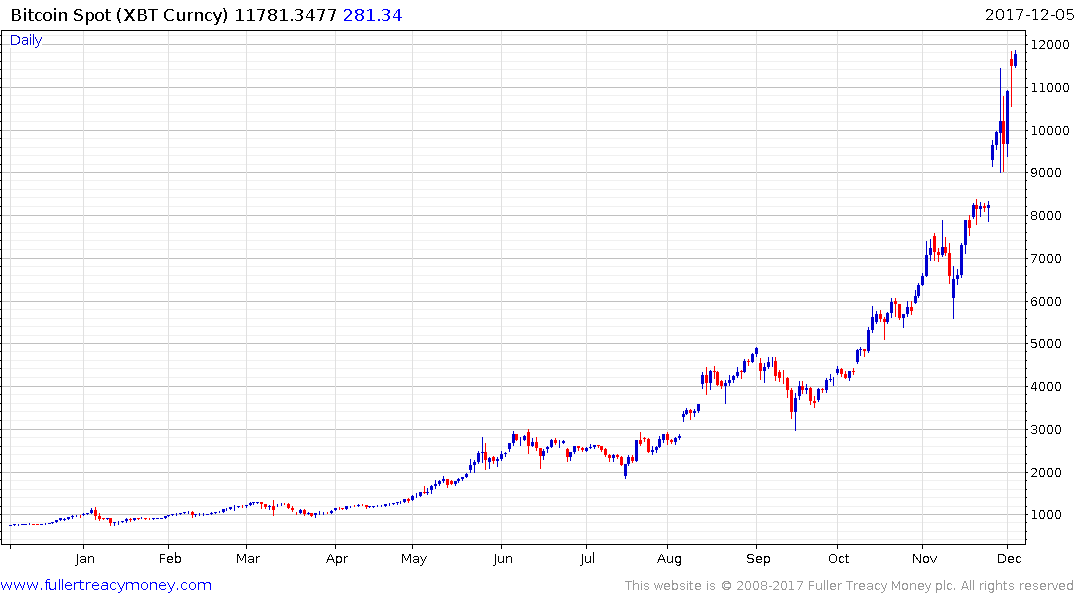Bitcoin: UK and EU plan crackdown amid crime and tax evasion fears
The UK and other EU governments are planning a crackdown on bitcoin amid growing concerns that the digital currency is being used for money laundering and tax evasion.
The Treasury plans to regulate bitcoin and other cryptocurrencies to bring them in line with anti-money laundering and counter-terrorism financial legislation. Traders will be forced to disclose their identities, ending the anonymity that has made the currency attractive for drug dealing and other illegal activities.
Under the EU-wide plan, online platforms where bitcoins are traded will be required to carry out due diligence on customers and report suspicious transactions. The UK government is negotiating amendments to the anti-money-laundering directive to ensure firms’ activities are overseen by national authorities.
The Treasury said: “We are working to address concerns about the use of cryptocurrencies by negotiating to bring virtual currency exchange platforms and some wallet providers within anti-money laundering and counter-terrorist financing regulation.”
This article from TheStreet concerning the USA’s IRS tax treatment of bitcoin profits may also be of interest.
I’ve pointed out previously how the only recent analogue we have for introduction of leverage into a market largely dominated by cash is from China in 2015, when options were introduced shortly after the Shanghai-Hong Kong Stock Connect was opened. The broad stock market shot higher and the lack of regulation, oversight coupled with access to leverage contributed to bubbly conditions in a very short period of time. Eventually the government intervened to tame excesses and the market collapsed which necessitated emergency measures to support it.
Bitcoin could have futures tracking it on the CME and CBOT by the end of the year and prices have accelerated higher in anticipation of what the additional of leverage will mean for prices. Governments are already circling because of the tax revenue they can gather from the capital gains already accrued in the market. The larger the cryptocurrency market becomes the greater the likelihood it will come under some form of regulation and that will most particularly be the case when prices begin to eventually fall. No one is ever very interested in regulation as long as prices are rising. It is usually only when prices are falling and consumer have taken losses that cries for tighter regulation grow deafening.

The big difference between bitcoin and the Chinese stock market is that the latter is systemically important. Despite arguments to the contract cryptocurrencies are not and therefor there is no reason to bail them out if prices begin to fall.
Right now, there is no evidence a peak has been reached but a sustained move below $8000 would represent a major trend inconsistency.


